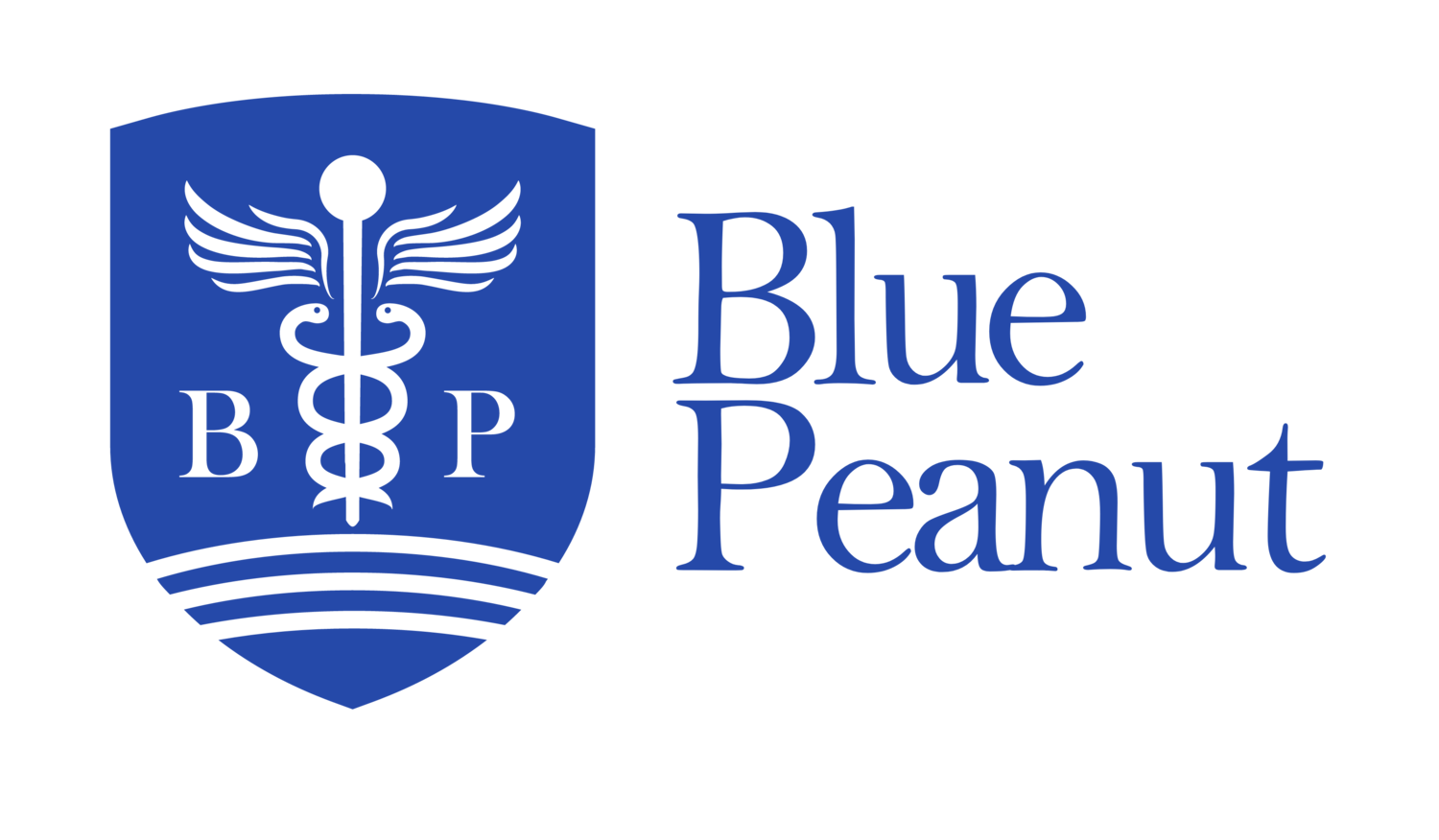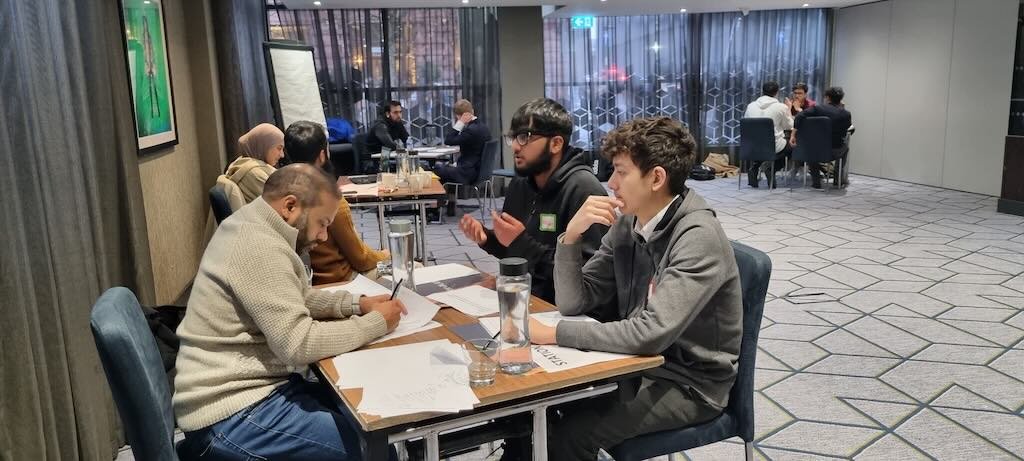
Medical School Interviews
Medical School Interview Guide: Everything You Need to Know for Success
Applying to medical school is a significant milestone, and the interview stage is one of the most crucial steps in securing your place. This comprehensive guide will walk you through what to expect at each medical school, including potential topics, what universities are looking for, and key timelines.
📅 When Do Medical School Interviews Take Place?
Once you've hit "submit" on your UCAS application, the waiting game begins. If your application meets a university's entry criteria, you may be invited for an interview. This is their opportunity to assess whether you truly match the qualities detailed in your application and have what it takes to succeed in medical school beyond.
Medical school interviews usually take place between December and March. Universities may give only a few days' notice, and rescheduling is often permitted only for valid reasons. Some institutions continue to offer online interviews, while others have reverted to in-person formats. Be sure to check each medical school's latest guidelines.
🌟 Why Medical Schools Interview Candidates
Medical schools use interviews to identify future doctors who demonstrate:
Strong academic knowledge and an understanding of healthcare systems
Empathy and communication skills are crucial for patient interactions
Problem-solving and critical thinking abilities
Commitment to lifelong learning in a demanding profession
Interviews can feel nerve-wracking, but preparation is key. The more you practise, the more confident and composed you will be on the day.
📊 Medical School Interview Formats
Medical school interviews were historically inconsistent, with each institution using different criteria. However, the Medical Schools Council's selection alliance and the General Medical Council (GMC) have helped bring greater standardisation to the process.
Despite this, prepare for some challenging or unexpected questions designed to test your ability to think quickly. Interviewers aren't trying to trap you; instead, they want to see how you approach problems and whether you demonstrate the qualities of an excellent medical professional.
🎮 Multiple Mini Interviews (MMIs): What to Expect
Most UK medical schools now use Multiple Mini Interviews (MMIs) as their primary method of selection.
🚶 How MMIs Work:
MMIs consist of 5 to 10 stations, each lasting 5 to 8 minutes.
Candidates rotate through stations, interacting with one or two interviewers per station.
Some stations feature role-playing exercises with actors, traditional Q&A, or problem-solving tasks.
After all stations are completed, your scores are combined to form a final assessment.
✨ Why MMIs Are Effective:
MMIs provide a fair and balanced assessment because multiple interviewers evaluate you across different skills and attributes. They ensure that you have several opportunities to showcase your strengths, rather than relying on a single high-pressure interview.
📑 Medical School Interview Questions: What You Should Know
Some universities provide pre-released questions or topics, while others do not.
A few medical schools may require additional coursework as part of the interview process.
Questions can vary widely, but they will generally assess:
Your motivation to study medicine
Your understanding of the NHS and current healthcare challenges
Ethical dilemmas and decision-making skills
Your ability to work under pressure
Even though some questions might take you by surprise, stay calm and remember: the interviewers want you to succeed.
📓 Post-Interview: Reflection and Improvement
After each interview, take time to reflect:
Write down difficult questions and consider how you could improve your answers.
Identify areas for improvement and refine your responses for upcoming interviews.
Some universities require candidates to sign confidentiality agreements, preventing you from sharing specific questions, but you can still use them for self-improvement.
💼 Final Thoughts: Be Prepared and Confident
Your medical school interview is a golden opportunity to demonstrate why you are the right candidate. With thorough preparation, practice, and self-reflection, you can approach your interview with confidence. Remember, every interview is a learning experience that brings you closer to your goal of becoming a doctor! ✨🏥
Medical School Interview Overview
We've compiled detailed information about the interview process for each Medical School. While we strive to keep this page current, changes may occur frequently. Be sure to check directly with your chosen university before making final application decisions.
Aberdeen University
Interview Type: MMI
Invites: Emailed via UCAS
When: December – April
Topics: Preparation for Medicine, understanding medical careers, caring experience, problem-solving, teamwork, and self-reflection.
Weighting: Interview (50%), Academic (30%), UCAT (20%)
2024 Format: In-person
Anglia Ruskin University
Interview Type: MMI
Invites: From November
When: December – January
Topics: Communication, critical thinking, teamwork, empathy, problem-solving, and interpersonal skills.
Weighting: UCAT score + regional preference
2024 Format: In-person
Aston University
Interview Type: MMI
When: December – March
Topics: Communication, empathy, problem-solving, teamwork, motivation, leadership, and knowing limitations.
Weighting: Academic (2/3) + UCAT
2024 Format: Online
Barts (Queen Mary)
Interview Type: Panel
When: January – February
Topics: Motivation, teamwork, problem-solving, communication, and university contribution.
Weighting: UCAT, academic qualifications, and degree (for graduates)
2024 Format: Panel, 20 minutes (article + traditional interview)
Birmingham University
Interview Type: MMI
Invites: Sent in December/January
When: January – February
Topics: Critical thinking, ethical challenges, data interpretation, healthcare role-play, and calculations.
Weighting: Academic (45%), UCAT (40%), Contextual (15%)
2024 Format: In-person
Brighton and Sussex Medical School
Interview Type: MMI
Invites: December – January
When: January – February
Topics: BSMS course, motivation, work experience, ethics, NHS topics, and personal qualities.
Weighting: BMAT, A-Levels, and GCSEs
2024 Format: Online (Zoom)
Bristol University
Interview Type: MMI
Invites: December – January
When: December – February
Topics: Motivation, work experience, volunteering, ethics, teamwork, and NHS topics.
Weighting: 100% UCAT score
2024 Format: Online (Zoom)
Buckingham University
Interview Type: MMI Selection Day
Invites: From November
When: February – May
Topics: Communication, ethics, strengths, weaknesses, medical news, role play, and problem-solving.
Weighting: Academic achievements + computer-based test
2024 Format: Selection days
Brunel University
Interview Type: MMI
Invites: Rolling basis
When: December – May
Topics: Communication, empathy, professionalism, problem-solving, work experience, and current affairs.
2024 Format: Online (vMMI) with six stations.
Cambridge University
Interview Type: Panel
Invites: November
When: December
Topics: Scientific knowledge, medical developments, ethics, communication, teamwork, continual learning.
Weighting: Academic record, BMAT, Personal Statement, reference, and contextual data.
2024 Format: Online
Cardiff University
Interview Type: MMI
Invites: December, with the ability to book your interview date
When: January – February
Topics: Cardiff course, ethics, NHS, teamwork, empathy, leadership, motivation.
Weighting: GCSE scores, UCAT may be used.
2024 Format: Not specified
University of Central Lancashire (UCLan)
Interview Type: MMI
Invites: Rolling basis
When: December – April
Topics: Motivation for Medicine, ethics, empathy, problem-solving, integrity, and flexibility.
Weighting: Academic requirements, Personal Statement, reference.
2024 Format: Not specified
University College London (UCL)
Interview Type: MMI
Invites: Rolling basis
When: December – March
Topics: Academic curiosity, motivation, teamwork, ethics, problem-solving, communication.
Weighting: Ranked by BMAT score.
2024 Format: In-person (MMI, not panel)
Dundee University
Interview Type: MMI
Invites: Rolling basis
When: December – February
Topics: Motivation for Medicine, teamwork, ethics, NHS topics, GMC guidelines, role play, personal insight.
Weighting: UCAT and academic achievements.
2024 Format: In-person (MMI), online panel for international applicants.
Edge Hill University
Interview Type: MMI
Invites: Not disclosed
When: February – March
Topics: Motivation, communication, leadership, empathy, ethical awareness, decision-making.
Weighting: Ranked by UCAT score.
2024 Format: Not specified
Edinburgh University
Interview Type: MMI
Invites: Rolling basis
When: December – January
Topics: Teamwork, communication, motivation, ethics, work experience, resilience.
Weighting: Academic achievements.
2024 Format: MMI with group task (in-person)
Exeter University
Interview Type: MMI
Invites: Not disclosed
When: December – March
Topics: Motivation for Medicine, ethics, NHS topics, teamwork, leadership, personal experiences.
Weighting: 25% UCAT, 75% academic achievement.
2024 Format: Not specified
Glasgow University
Interview Type: Panel
Invites: Not disclosed
When: November – March
Topics: Understanding of medical careers, personal qualities, ethics, Personal Statement.
Weighting: UCAT and academic screening.
2024 Format: Two panels (career-focused and ethical discussion)
Hull York Medical School
Interview Type: MMI
Invites: From December
When: December – January
Topics: Group work, motivation for medicine, NHS values, current medical issues, communication.
Weighting: GCSEs (30 points), UCAT (40 points), SJT band (15 points), contextual data (15 points).
2024 Format: Not specified
Imperial College London
Interview Type: MMI
Invites: Not disclosed
When: January – February
Topics: Motivation for medicine, ethics, NHS topics, resilience, work experience, teamwork.
Weighting: A-Levels, UCAS, and BMAT scores.
2024 Format: Online (two-part MMI)
Keele University
Interview Type: MMI
Invites: From December
When: December – March
Topics: Communication, empathy, ethics, work experience, motivation for medicine.
Weighting: UCAT score, UCAS Personal Statement.
2024 Format: Not specified
Kent and Medway Medical School
Interview Type: MMI
Invites: From November via KentVision account
When: From January
Topics: Resilience, commitment, empathy, communication, teamwork, academic potential.
Weighting: GCSEs, UCAT score, contextual data.
2024 Format: Not specified

